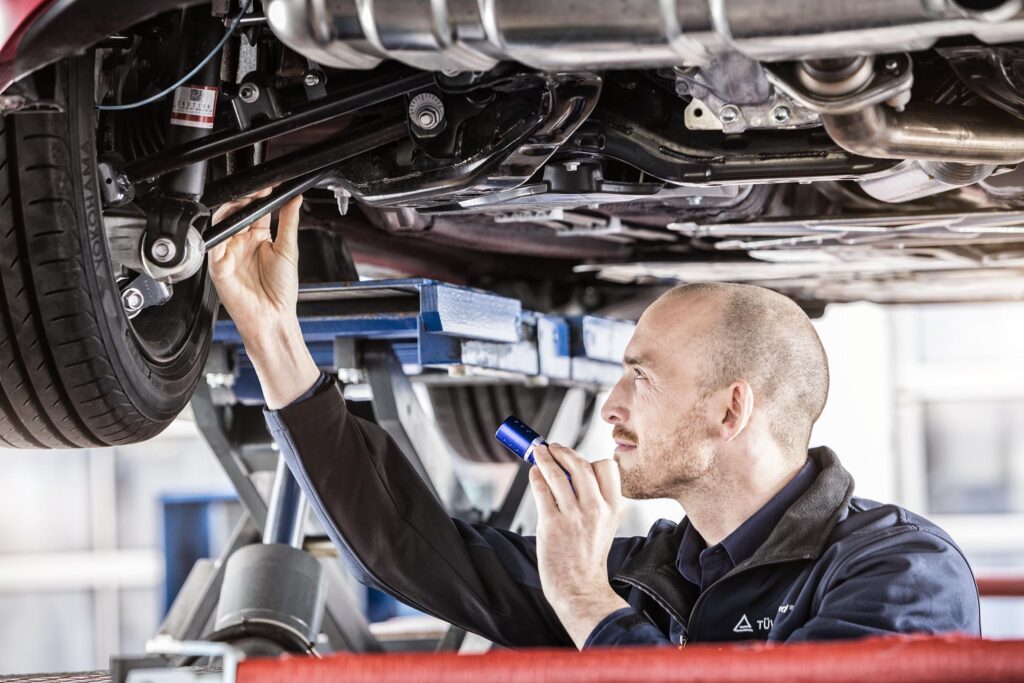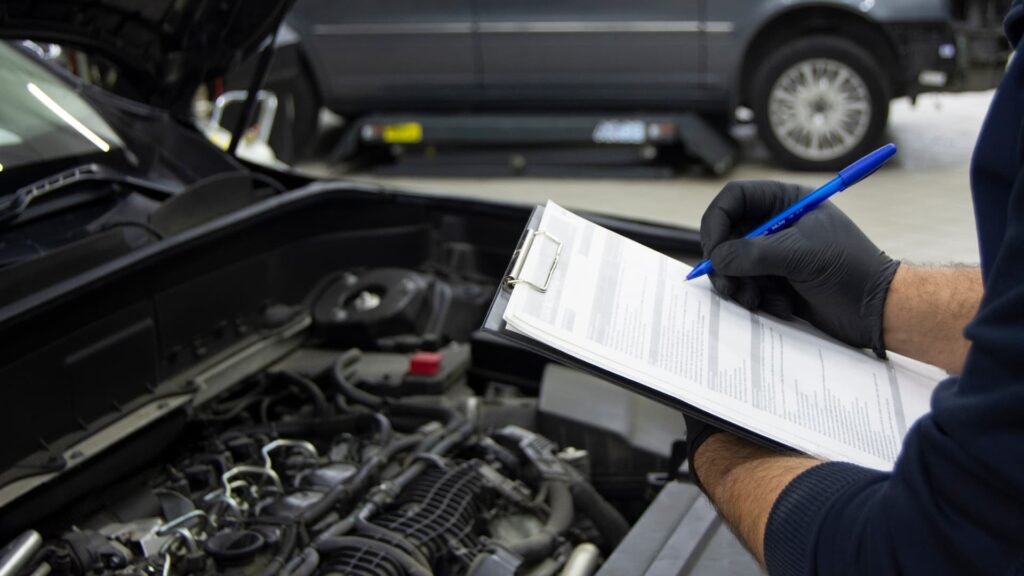
The Unspoken Truth: How often to get car inspected?
The frequency of car inspections can vary depending on several factors, including the regulations in your specific jurisdiction and the age of your vehicle. In general, most regions require periodic inspections to ensure that vehicles meet safety and emission standards. It is best to consult the local laws and regulations in your area to determine the specific inspection requirements. Some places require inspections annually, while others may have biennial (every two years) or triennial (every three years) inspection cycles. Additionally, newly purchased or recently registered vehicles may require an initial inspection.
Apart from mandatory inspections, it’s important to perform regular maintenance and checks on your vehicle, including monitoring fluid levels, tire pressure, and overall vehicle condition. How often to get car inspected?. Keep an eye out with your local Department of Motor Vehicles (DMV), vehicle licensing agency, or relevant authorities to get accurate and up-to-date information on inspection requirements in your area.
Safety first- How often to get car inspected?

Car inspections play a pivotal role in ensuring your vehicle’s safety, reliability, and longevity. They are more than just a legal requirement in many regions. They serve as preventive measures that help detect potential problems before they escalate into costly repairs or, worse, dangerous accidents. In order to protect our life and passengers lives we need to understand how often to get car inspected. Regular inspections can identify worn-out components, faulty electrical systems, fluid leaks, brake issues, and more. By addressing these issues early on You safeguard yourself and your passengers as well as yourself from future costly repairs. Car inspection is of utmost importance for several reasons:
- Safety: A thorough car inspection helps identify any potential safety hazards or mechanical issues. This ensures that the vehicle is in proper working condition, reducing the risk of accidents or breakdowns on the road. Components such as brakes, tires, lights, steering, suspension, and emissions are checked to ensure they meet safety standards.
- Compliance with regulations: Many jurisdictions require periodic car inspections to ensure that vehicles meet certain safety and environmental standards. By complying with these regulations, car owners contribute to safer roads and cleaner air.
- If you intend to sell your car in the future, consider its resale value, having a documented history of regular inspections can significantly enhance its resale value. Prospective buyers are more likely to trust a vehicle that has been well-maintained and regularly inspected.
- Insurance considerations: Some insurance companies may offer lower premiums or discounts for cars that have undergone regular inspections. By demonstrating that your vehicle is in good condition, you may qualify for reduced insurance rates, ultimately saving you money.
Manufacturer Recommendations
Automobile manufacturers understand the intricacies of their vehicles better than anyone else. Therefore, they often provide specific guidelines regarding car inspections in the owner’s manual. These guidelines take into account factors such as the vehicle’s make, model, age, and usage patterns. It is crucial to follow these recommendations as closely as possible to ensure optimal performance and safety.
General Guidelines for Car Inspections

Manufacturer’s advice about how often to get car inspected? While manufacturer recommendations serve as a baseline, there are some general guidelines to consider when it comes to getting your car inspected:
- Annual Inspections: Regardless of the manufacturer’s recommendations, it is advisable to have a comprehensive inspection performed at least once a year. This helps to catch any hidden issues that might have gone unnoticed.
- Mileage-Based Inspections: Another essential factor to consider is the mileage-driven since the last inspection Having your car inspected every 10,000 to 15,000 miles is a general rule of thumb.
- Seasonal Change: Your vehicle will face different demands as the seasons change. Extreme temperatures, road salt, and other weather-related factors can impact the performance of various components. Therefore, scheduling inspections with the change of seasons can help identify and address any potential issues specific to those conditions.
- Warning Signs: It’s crucial to listen to your car and pay attention to any warning signs it may exhibit. Strange noises, unusual vibrations, dashboard warning lights, or decreased performance are all indicators that something might be amiss. In such cases, an immediate inspection is warranted, regardless of when your last one occurred.
A device that will protect your car from theft
The Smart Keyless Keeper is a motion-activated electronic chip that is installed in the key fob and covers the battery on both sides. It is activated when there is movement, which is detected by the motion sensor. It is specifically made to be a keyless booster blocker because these devices are frequently used for hacking, interfering with communications between the car and the key fob, simulating signals, and assisting criminals in keyless relay attacks. This is an excellent invention against a key fob relay attack because it works against the unethical device used in this attack. It has a flexible base, 3D motion sensor, LED indicator, and microprocessor. To ensure that thieves cannot steal your car while you are sleeping, it effectively deactivates the key fob when it is motionless.
Takeaway
Getting your car inspected regularly is an integral part of responsible car ownership. While manufacturer recommendations and general guidelines can provide a starting point, it’s essential to adapt these guidelines based on your specific circumstances. Always remember that prevention is always preferable to treatment. Investing in routine inspections will not only keep you safe but also prevent unanticipated costs. So, don’t wait until it’s too late; make sure how often to get car inspected at the right intervals to enjoy a smooth and trouble-free journey on the road.




